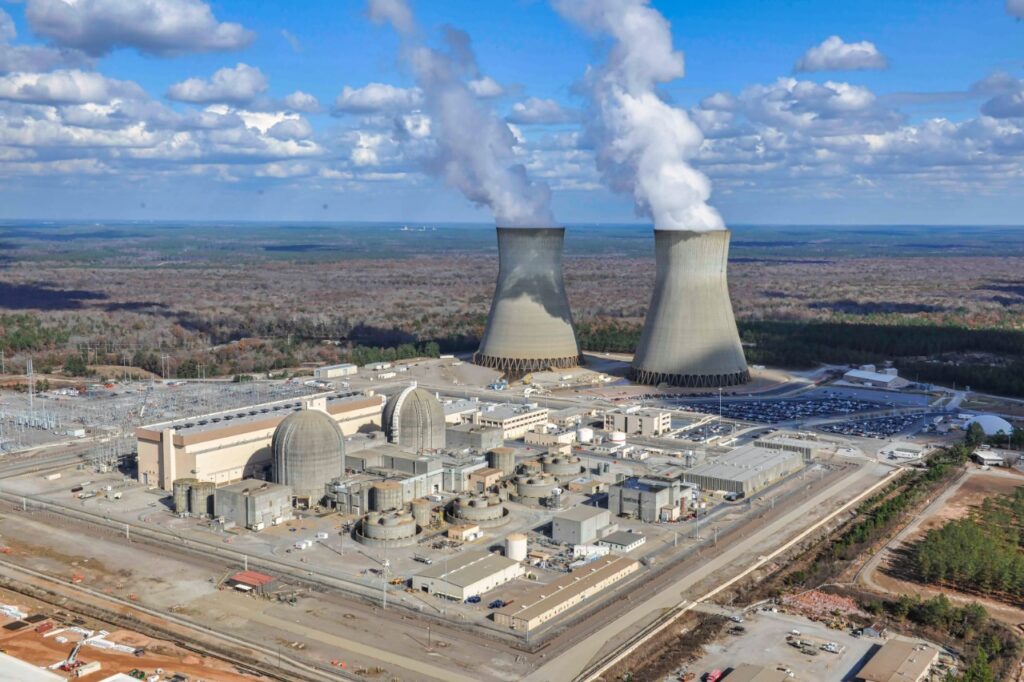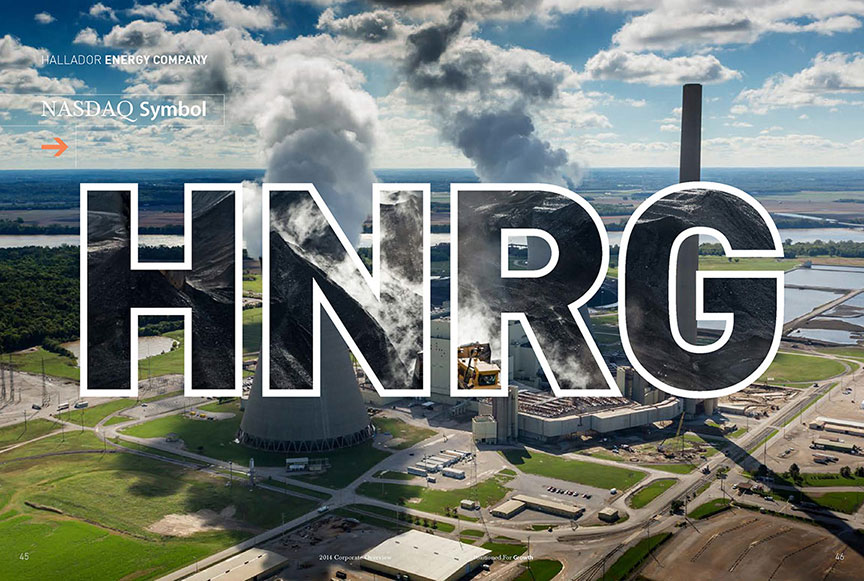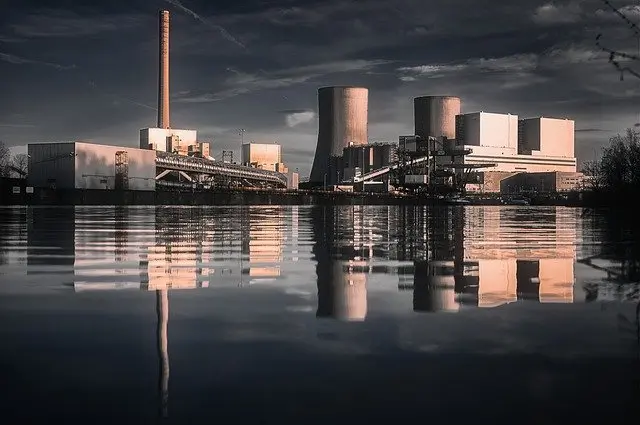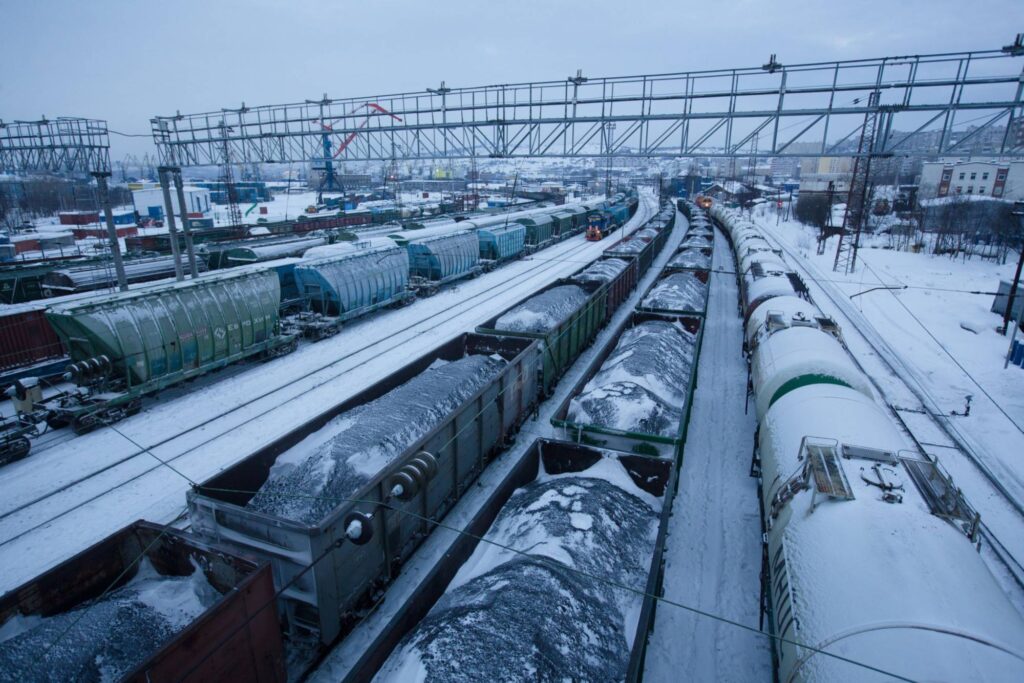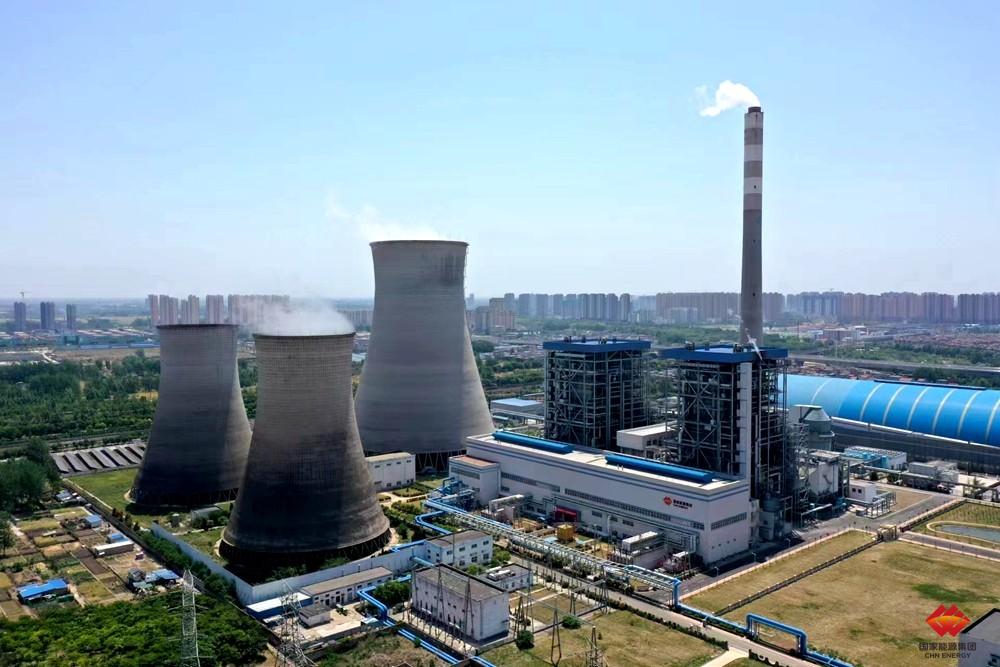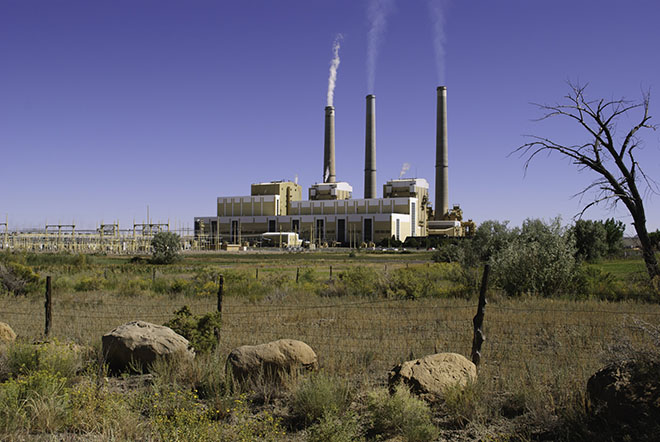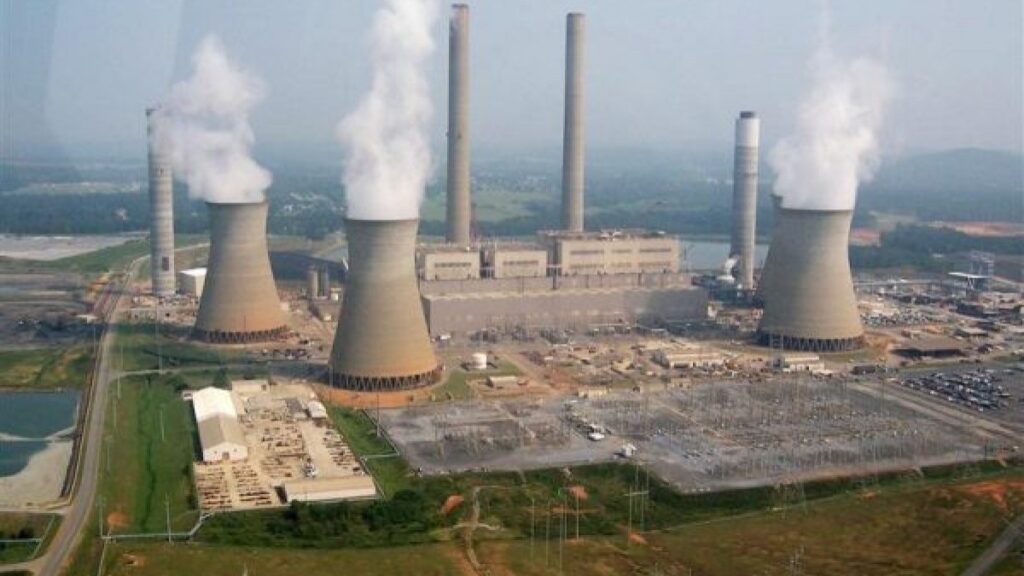As artificial intelligence (AI) continues to revolutionize industries, major tech companies are grappling with the massive energy demands required to power their growing infrastructure. Among them, Google is exploring innovative solutions to meet its energy needs while maintaining its commitment to carbon neutrality by 2030. Sundar Pichai, CEO of Google and Alphabet, recently hinted at the possibility of using small modular nuclear reactors (SMRs) to power large-scale data centers.
Speaking at Carnegie Mellon University as part of the university’s President’s Lecture Series, Pichai revealed that Google is now working on data centers that require over 1 gigawatt (GW) of power—an energy demand that was unimaginable just two years ago. The rapid growth in AI technology is a major driver of this increase. As AI applications become more prevalent, the need for robust, reliable, and sustainable energy sources has become increasingly urgent.
Small Modular Reactors: A Carbon-Free Energy Source for Google’s Future?
During his talk, Pichai discussed the company’s efforts to transition to carbon-free energy, emphasizing the challenges associated with scaling up energy sources to meet the demands of its AI-driven operations. While Pichai did not confirm that Google would use SMRs, he acknowledged the growing capital investment in nuclear energy technologies and expressed optimism about their potential. “I see the amount of money going into SMRs… for nuclear energy,” Pichai noted. He suggested that SMRs, along with other carbon-free energy sources like geothermal power, could play a key role in Google’s medium- to long-term energy strategy.
The Broader Energy Challenge: Tech Industry’s Race for Sustainable Power
Google’s interest in SMRs reflects a broader trend across the tech industry, as companies face skyrocketing energy needs due to AI advancements and cloud computing. Data centers are notorious for their substantial energy consumption, and as AI workloads increase, so too does the demand for power.
Other tech giants are also exploring innovative energy solutions. Oracle’s CEO Larry Ellison recently announced plans to invest over $10 billion in data center expansion, aiming to build hundreds of centers worldwide. Meanwhile, Microsoft has been making headlines for its plan to potentially restart the shuttered Three Mile Island nuclear plant in Pennsylvania to meet its AI-related power demands. Microsoft is also experimenting with hydrogen fuel cells, which have shown promise in powering data centers as part of a demonstration project in Wyoming.
Amazon Web Services (AWS), too, has turned to nuclear energy to support its data center needs. Earlier this year, AWS acquired a data center campus next to the 2.5-GW Susquehanna nuclear plant, with plans to purchase power from the plant. AWS has even posted job listings for a principal nuclear engineer to lead energy management for its facilities, signaling a growing focus on nuclear power as part of its energy mix.
Carbon-Free Ambitions Amid Growing AI Demands
Pichai’s remarks underscore the tension between the explosive growth in AI and the tech industry’s commitment to sustainability. While Google has made significant progress—Pichai noted that many of the company’s data centers now operate on about 90% carbon-free energy—meeting the energy demands of AI at scale will require continued innovation and investment in alternative power sources.
Google’s recent projects reflect its multi-faceted approach to sustainable energy. In Nevada, the company has already partnered with Fervo Energy and NV Energy to purchase geothermal power for its data centers. Geothermal, like nuclear power, provides a stable, carbon-free energy source that could help meet the needs of AI-powered data centers.
Conclusion
As AI continues to drive demand for massive amounts of computing power, tech companies like Google are looking for sustainable, scalable energy solutions to support their operations. While SMRs are just one option under consideration, the broader trend toward investing in carbon-free energy, including nuclear and geothermal power, signals a shift in how the tech industry plans to meet its energy needs in the coming decades. With giants like Google, Oracle, Microsoft, and AWS leading the charge, the race for sustainable, AI-ready data centers is well underway.

